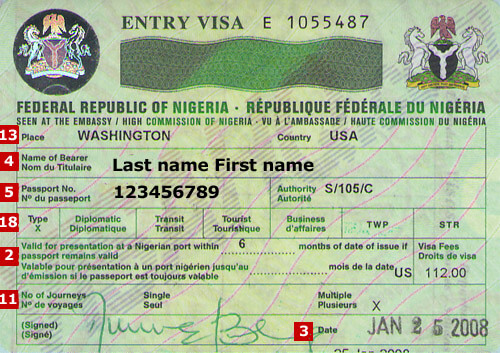Nigeria Embassy list in South Sudan
Need help?Chat with us
Why Trip Registration at the Nigeria Embassy is Important
Registering your trip with the Nigeria embassy is crucial for ensuring personal safety and maintaining effective communication during your travels. In the event of a natural disaster, like an earthquake or flooding, the embassy can quickly provide vital information and support. For instance, if citizens are caught in an area affected by a humanitarian crisis or political unrest, embassy registration enables officials to locate and assist them more efficiently.
Moreover, in cases of medical emergencies, such as serious illnesses or accidents, the embassy plays a critical role in facilitating timely medical assistance and connecting travelers with local healthcare resources. Registration creates a direct line of communication between travelers and the embassy, so individuals can receive the most current safety updates and advisories. In essence, trip registration acts as a lifeline, ensuring that Nigerian citizens abroad are not navigating challenges alone.
Nigeria Embassy FAQs
Can the Nigeria embassy assist in legal issues abroad?
Yes, the Nigeria embassy can provide guidance and support in legal matters, including connecting you with local legal services.What should I do if I lose my Nigeria passport in South Sudan?
If you lose your Nigeria passport in South Sudan, report the loss to the Nigeria embassy immediately. They will assist you in obtaining a replacement passport.Does the Nigeria embassy offer assistance for medical emergencies?
Yes, the embassy can help facilitate medical assistance, including locating hospitals and medical services available near you.Can the Nigeria embassy help with lost or stolen credit cards?
While the embassy does not provide direct financial services, they can assist you in contacting your bank or credit card company to resolve the issue.What are the hours of operation for the Nigeria embassy?
The Nigeria embassy typically operates from Monday to Friday, but it’s advisable to check their official website for specific hours and public holidays.
Services Provided by Nigeria Embassies in South Sudan
Passport Services
- Issuance of new passports
- Passport renewal services
- Replacement of lost or stolen passports
Visa Issuance for Foreign Nationals
- Processing of visas for foreign nationals traveling to Nigeria
Assistance in Legal or Medical Emergencies
- Providing legal guidance and referrals
- Facilitating access to medical care
Travel Alerts and Safety Updates
- Issuing travel advisories relevant to Nigerian nationals
Support for Nationals Detained Abroad
- Offering legal assistance and communicating with local authorities
Summarized Diplomatic Presence
The Nigerian diplomatic presence in South Sudan is crucial for fostering bilateral relations and supporting Nigerian nationals. The primary mission is the Nigeria Embassy located in the capital city, Juba. This embassy conducts diplomatic activities, including promoting economic and political ties between Nigeria and South Sudan. Additionally, it assists Nigerian citizens in various capacities, such as legal, medical, and emergency support. The embassy’s role in enhancing collaboration between the two nations facilitates mutual understanding, trade partnerships, and cultural exchanges, ultimately strengthening Africa’s diplomatic landscape.
